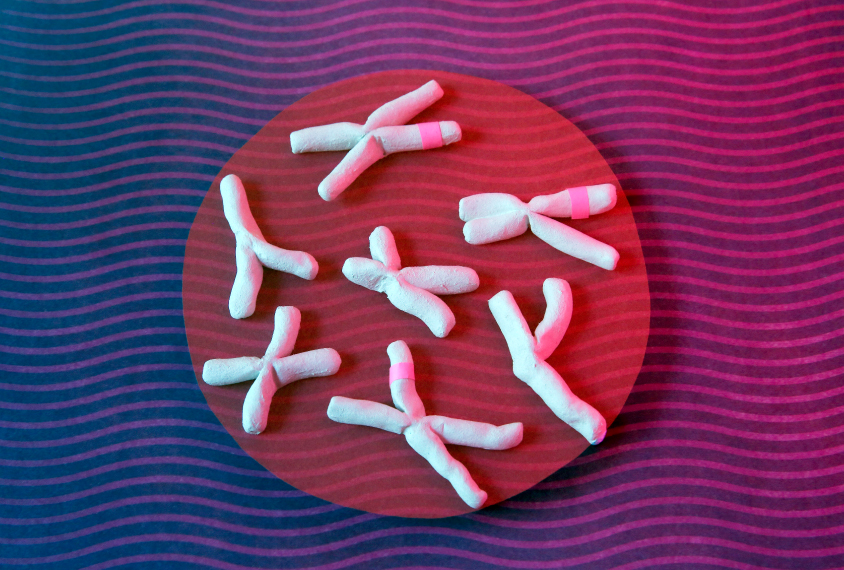Vanessa Vogel-Farley is co-founder of the Commission on Novel Technologies for Neurodevelopmental Copy Number Variants.

Vanessa Vogel-Farley
Co-founder
Commission on Novel Technologies for Neurodevelopmental Copy Number Variants
From this contributor
Lumping versus splitting with autism-linked variants: A conversation with Vanessa Vogel-Farley and Yssa DeWoody
Researchers have long studied subgroups of people who share genetic variants, but the newly formed ‘CNV Commission’ is also looking at people with shared traits across different neurodevelopmental conditions.

Lumping versus splitting with autism-linked variants: A conversation with Vanessa Vogel-Farley and Yssa DeWoody
Explore more from The Transmitter
Neuro’s ark: Spying on the secret sensory world of ticks
Carola Städele, a self-proclaimed “tick magnet,” studies the arachnids’ sensory neurobiology—in other words, how these tiny parasites zero in on their next meal.

Neuro’s ark: Spying on the secret sensory world of ticks
Carola Städele, a self-proclaimed “tick magnet,” studies the arachnids’ sensory neurobiology—in other words, how these tiny parasites zero in on their next meal.
Autism in old age, and more
Here is a roundup of autism-related news and research spotted around the web for the week of 2 March.

Autism in old age, and more
Here is a roundup of autism-related news and research spotted around the web for the week of 2 March.
Lack of reviewers threatens robustness of neuroscience literature
Simple math suggests that small groups of scientists can significantly bias peer review.

Lack of reviewers threatens robustness of neuroscience literature
Simple math suggests that small groups of scientists can significantly bias peer review.